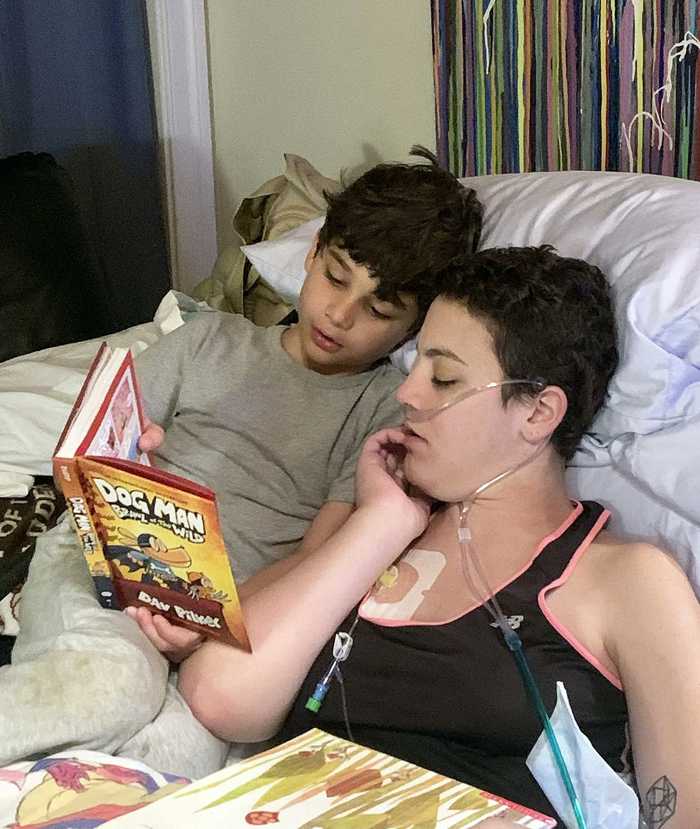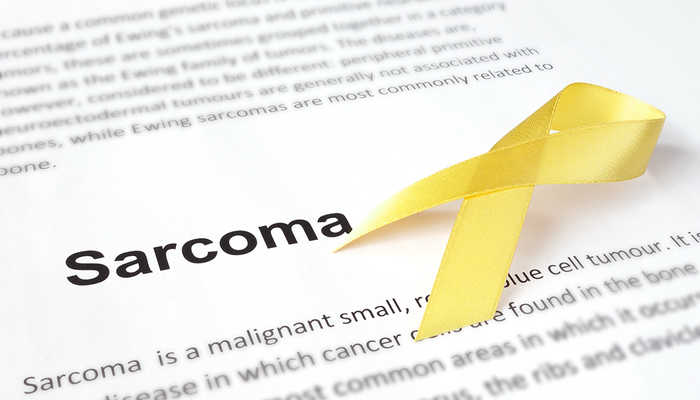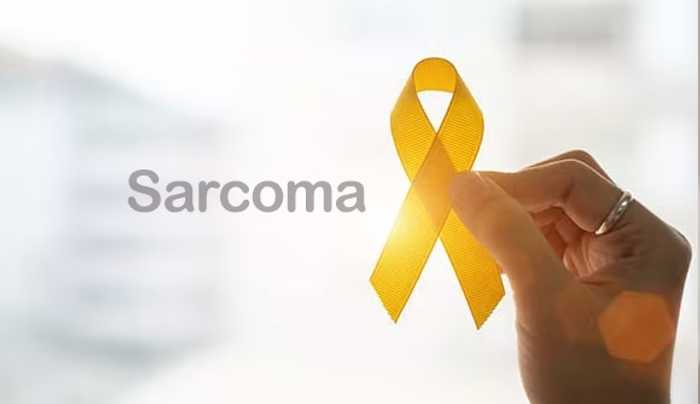Published 23:41 IST, February 29th 2024
Popular singer Cat Janice has passed away due to sarcoma cancer and here's everything you need to know about this rare disease.
Advertisement
Days after dedicating a song to her son which went viral, singer Cat Janice has unfortunately passed away. The 31-year-old was battling sarcoma cancer and the news of her death was confirmed by her family. Their Instagram post read, “This morning, from her childhood home and surrounded by her loving family, Catherine peacefully entered the light and love of her heavenly creator.”
Advertisement

Here’s everything you need to know about Sarcoma Cancer
This rare form of cancer originates in the connective tissues of the body, including muscles, bones, nerves, tendons, blood vessels, and fatty tissues. While relatively uncommon compared to other cancer types, sarcoma requires a thorough understanding for timely diagnosis and effective treatment.
Advertisement
Here is a detailed guide on sarcoma cancer, encompassing symptoms, causes, types, and treatment options, drawing insights from reputable sources including the American Cancer Society (ACS) and the National Cancer Institute (NCI).
Advertisement

What are the symptoms of Sarcoma Cancer?
Swelling or lump: Sarcomas often manifest as a painless lump or swelling in the affected area, which may gradually increase in size over time.
Advertisement
Pain: Persistent pain, especially if unrelated to any injury or trauma, can be indicative of sarcoma.
Limited mobility: Depending on the tumour's location, individuals may experience restricted movement or stiffness in the affected area.
Advertisement
Unexplained weight loss: In advanced stages, sarcoma may cause unintended weight loss and fatigue.
What can be the cause of Sarcoma Cancer?
The exact cause of sarcoma remains unclear; however, certain risk factors may increase susceptibility, including:-

Genetic predisposition: Inherited genetic conditions such as Li-Fraumeni syndrome and neurofibromatosis type 1 elevate the risk of developing sarcoma.
Radiation exposure: Previous radiation therapy for cancer treatment, particularly in childhood, raises the likelihood of developing sarcoma later in life.
Environmental factors: Exposure to certain chemicals or toxins may contribute to the development of sarcoma, although further research is needed to establish definitive links.
What are the types of Sarcoma Cancer?
Sarcoma encompasses various subtypes and is categorised based on the tissue of origin and cellular characteristics:
Soft tissue sarcoma: Arising in soft tissues such as muscles, tendons, and fat, soft tissue sarcomas include leiomyosarcoma, liposarcoma, and malignant peripheral nerve sheath tumours.
Bone sarcoma: Originating in the bones, bone sarcomas include osteosarcoma, chondrosarcoma, and Ewing sarcoma.

How can Sarcoma Cancer be treated?
Treatment for sarcoma depends on factors such as the tumour's size, location, stage, and overall health of the patient. Common treatment methods include:
Surgery: Surgical removal of the tumour is often the primary treatment for localised sarcoma.
Radiation therapy: High-energy beams target and destroy cancer cells, either as a standalone treatment or in conjunction with surgery.
Chemotherapy: Systemic medications are administered to eliminate cancer cells throughout the body, particularly in cases of advanced or metastatic sarcoma.
23:41 IST, February 29th 2024